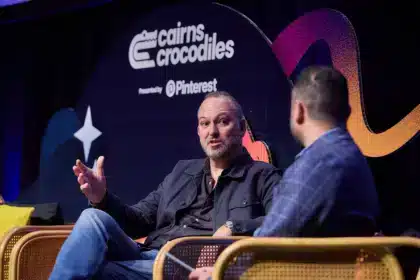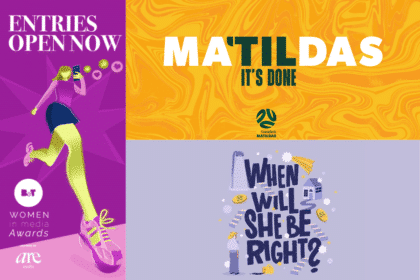There are still some people who think the actions of actors in an ad campaign that details silent discrimination are okay.
You may recall the campaign, ‘Stop. Think. Respect’, The Silent Discriminator that was launched last year by BeyondBlue, a not-for-profit organisation that aims to raise awareness around anxiety and depression.
If not, refresh your memory below.
https://www.youtube.com/watch?v=MvTyI41PvTk
The campaign was created to show the impact discrimination, even silent discrimination, can have towards Indigenous Australians. The campaign primarily targeted non-indigenous Australians aged between 25-34. It was launched in last year, on numerous media channels, including TV, outdoor, digital.
To see how the campaign went, BeyondBlue commissioned the help of research company TNS. The findings showed that people who saw some element of the campaign were more likely to recognise discrimination in their own behaviour.
“We are very encouraged to see improved attitudes and awareness in those who recalled our key messages from the ads,” said BeyondBlue CEO Georgie Harman.
“We also know that to bring about behaviour change in the long term we need to keep raising awareness and we’re looking at ways to continue our work in this area.”
However, a segment of the survey respondents (14-21%) thought that the behaviour in the ad was acceptable. The TNS results suggested that there had been a rise of ‘defensive thinking’ (a form of thinking when the person denies discrimination exists and therefore condones a lack of action), which is why respondents found this behaviour acceptable.
Also, when respondents had to say whether they agreed or not to a statement ‘almost everyone has been racist at some point in their lives’, 70% of people agreed.
“Concerningly, the findings also showed us there was a segment of the target audience who saw the ads and didn’t think there was anything wrong with the scenarios,” said Harman.
“This illustrates how much work still needs to be done to change entrenched racist attitudes.”
The campaign was very confronting for some, having to reassess their own behaviour, said Harman.
“This evaluation reveals that for many people this was a wake up call and they discovered the extent of the impact of racism on a person’s mental health and wellbeing,” she said.








